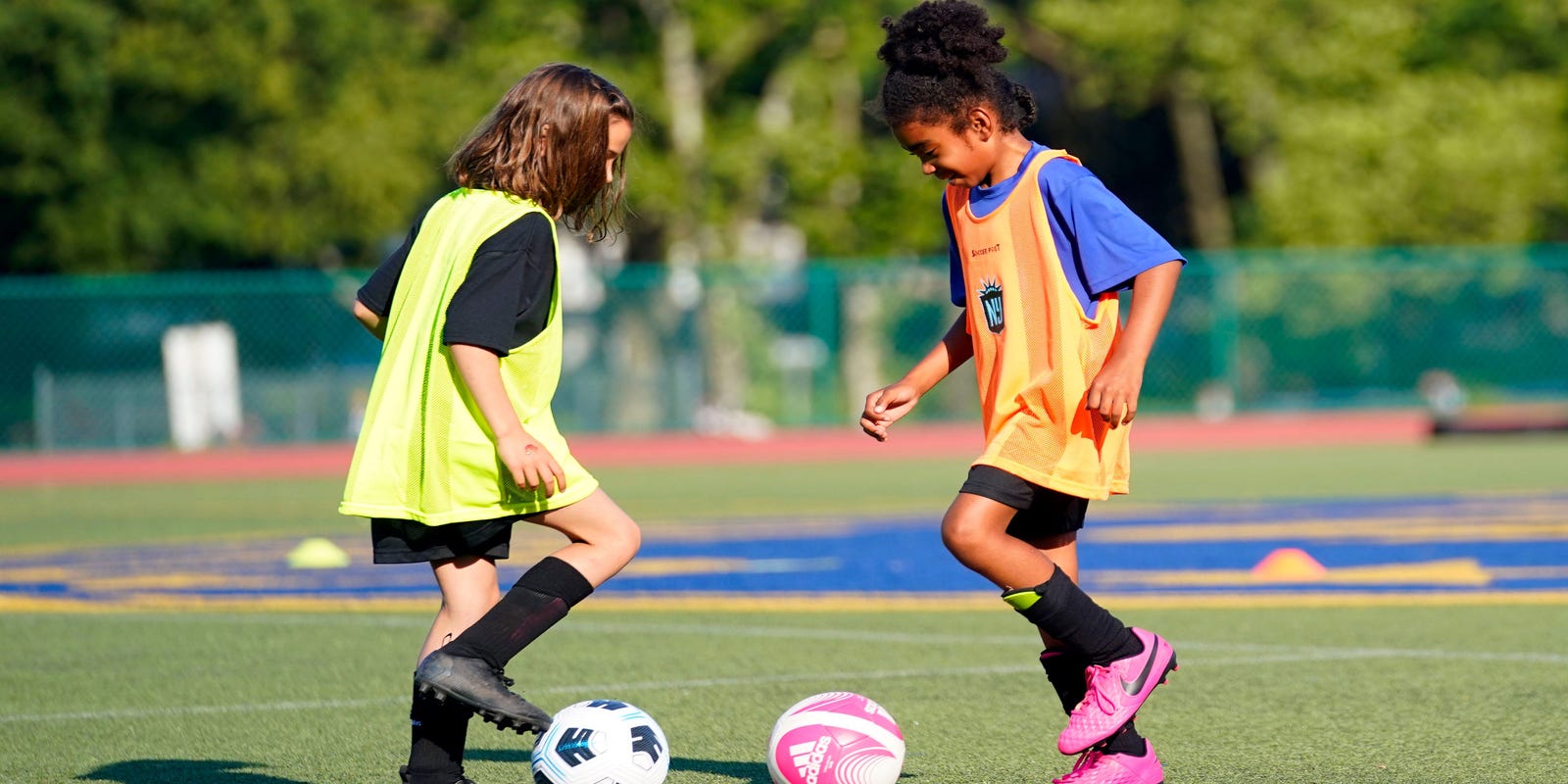From Sideline Rage to Self-Reflection: How Soccer Parents Can Silence the 'Crazy' Stereotype

Skye Eddy: Transforming Sports Parenting Through Passion and Purpose
From a promising soccer player with national team aspirations to a dedicated coach and advocate, Skye Eddy has charted a unique path in the world of youth sports. Her platform, soccerparenting.com, stands as a testament to her commitment to revolutionizing how parents approach their children's athletic journeys.
Once a talented athlete who dreamed of representing the United States Women's National Team, Eddy's perspective shifted, leading her to focus on a broader mission: empowering parents to create positive, supportive environments for young athletes. Through her website and coaching expertise, she aims to break down traditional barriers and misconceptions in sports parenting.
Eddy's work goes beyond simple advice; she seeks to foster a culture of understanding, growth, and holistic development for young players. By providing resources, insights, and guidance, she helps parents navigate the complex landscape of youth sports with empathy, wisdom, and strategic support.
Her ultimate goal is to transform sports parenting from a potentially competitive and stressful experience into a nurturing, educational, and enjoyable journey for both children and their families.
